Teil 1: der erste Weltkrieg
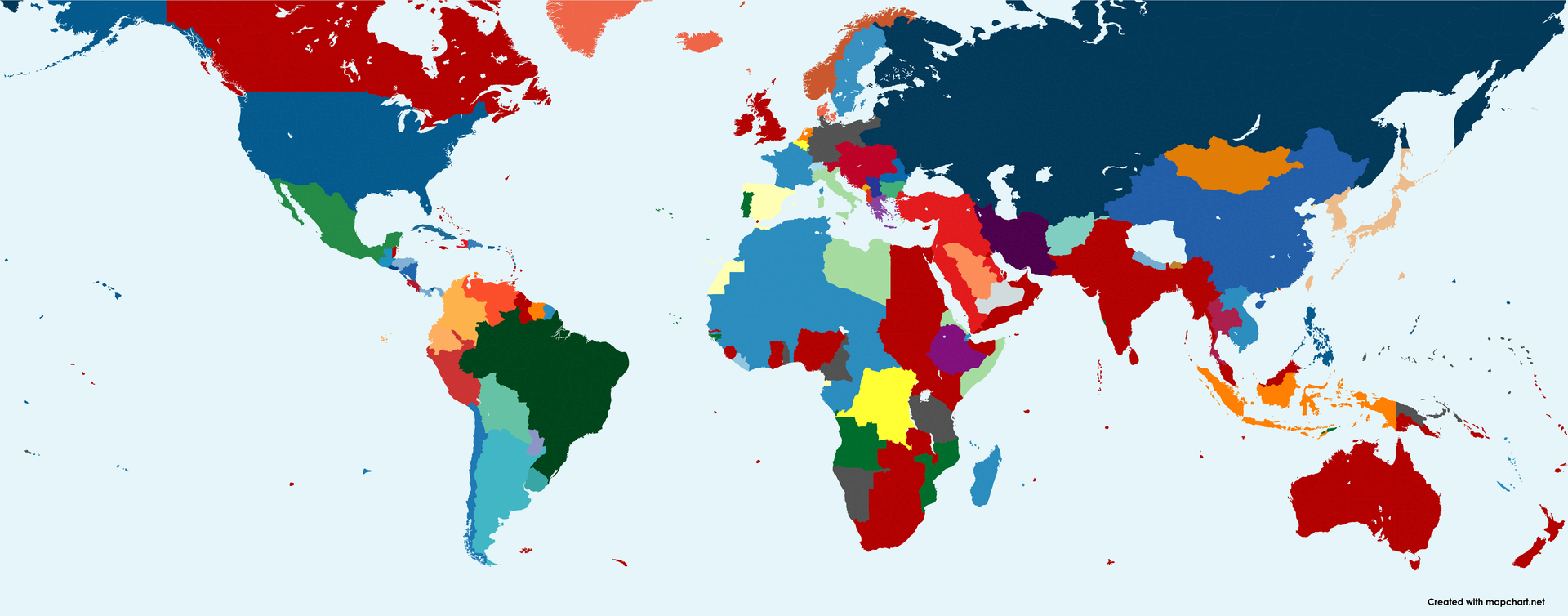
June 28, 1914. Archduke Franz Ferdinand has been assasinated by serbian terrorist Gavrilo Princip. Gavrillo escaped Austrian authorities, fleeing to Montenegro, Italy and finally Spain. the Austro-Hungarian empire is in turmoil, they cannot let this act of terrorism by the Serbian goverment go unpunished. Kaiser Franz Joseph I mobilized the army, preparing for war against Serbia and the Russian Empire. Kaiser Wilhelm II ensured the Austro-Hungarian empire that in an event of Russian aggresion against the Austrians, Germany would help. The German, French, Russian, British, Italian, Spanish, Portuguese, Serbian, Montenegrin, Greek, Bulgarian, Romanian, Ottoman, Belgian and Luxembourgish mobilized their armies.
The Austro-Hungarian goverment sent a list of reasonable demands to Serbia. The incompetent Serbian King Peter I rejected this reasonable demand. On 15th september 1914, the Austro-Hungarian army invaded the Kingdom of Serbia and the Kingdom of Montenegro. The Russian Empire soon declared on the Austro-Hungarian Empire, the German Empire honoring their promise declared war on the Russian Empire. The Republic of France seeing an opportunity to regain Alsace-Lorraine declared war on the German Empire. The Austro-Hungarian Army advanced through Serbia until being stopped at Belgrade. The German and Austro-Hungarian armies make small gains in the Russian Empire. To avoid French forces near Alsace-Lorraine, the Kaiser of Germany declared war on the Kingdom of belgium and the Grand Duchy of Luxembourg. The british empire ensuring Belgian independence, declared war on the German Empire. Portugal declared war on Germany, honoring their alliance with Britain
On 20th september 1914, the German army rushed through Luxembourg and Belgium, Germany annexed Luxembourg. The German advance into Belgium stopped by French, British and Belgian forces at the Yser. The German army dug in to defend their position, the entente doing the same. Trench warfare on the western front has begun. German and Austro-Hungarian diplomats convinced the Kingdom of Italy to declare war on France, promising the south of France, Italian majority regions in Austria-Hungary, Albania Tunisia, Algeria and French somaliland. The Tsardom of Bulgaria and the Ottoman Empire, together with their puppet state Jabal Shammar, seeing an opportunity to gain land from Serbians, Russians and the British declared war on the Entente.
On 7th oktober 1914, declared war on Germany and invaded the legation cities and German colonies in the pacific. Australian troops invaded German New Guinea, taking it over on 15th oktober. On 10th oktober 1914, German colonies in Africa get invaded. British and French forces joined in an invasion for German Togoland, falling on 15th oktober. British and Portuguese forces joined invasion in German South West Africa, falling on 5th november. British and Belgian joined invasion in German East Africa, falling on 23th august 1916. British and french forces joined invasion in German Kamerun, never falling. On 10th oktober 1914 the Maritz Rebellion, allying with the Central Powers, began in South Africa, being crushed in 13th february 1915
On the eastern front the advances halted. The Russian army pushing back right into Austro-Hungarian Galicia. The Kingdom of Romania, seeing Russia succeeding in Austria-Hungary, declared war on the triple alliance. With Bulgarian entrance into the war and German troops advancing into Serbia and Montenegro, made Belgrade and podgorica fall. The Serbian and Montenegrin goverments went into excile on 14th november, while the their armies escaped to Kingdom of Greece. Bulgaria and the Ottomans immediately invaded Greece. The Greek army managed to hold them off at Athens. The Bulgarian and Austro-Hungarian armies invaded Romania, collapsing the country in days. With most of the Balkans being controlled, the Austrian-Hungarian army can focus on the Russian front.
While the western front turns into a stalemate, the eastern front sees great succes for the Kaiser. Pushing the Russian army back, capturing Poland and Besserabia and making advancements in Lithuania, White Ruthenia and Ruthenia. The Ottoman expedition into Russian caucasus started On 27th november, resulting in failure for the Ottomans due to lack of winter equipment. Britain, French and Russian armies prepared an invasion of Ottoman Gallipoli, inacted on 15th march 1915. The German Kaiser and German generals recognizing how vulnerable the Ottoman empire is decided, together with Italian and Austro-Hungarian armies, to send support and equipment to Gallipoli and send troops and winter equipment to the caucasus front.
The kingdom of Greece finally surenders on 26th may 1915. The advancements into Russia continue, capturing all of the Baltics, White Ruthenia, Ruthenia, the Don and the Caucasus while landing an invasion of Finland. The German Kaiser gives besserabia to Romania and begins to set up puppet states in captured Russian territory, all under military administration. The Ottoman Sultan does the same in Armenia and Azerbaijan.
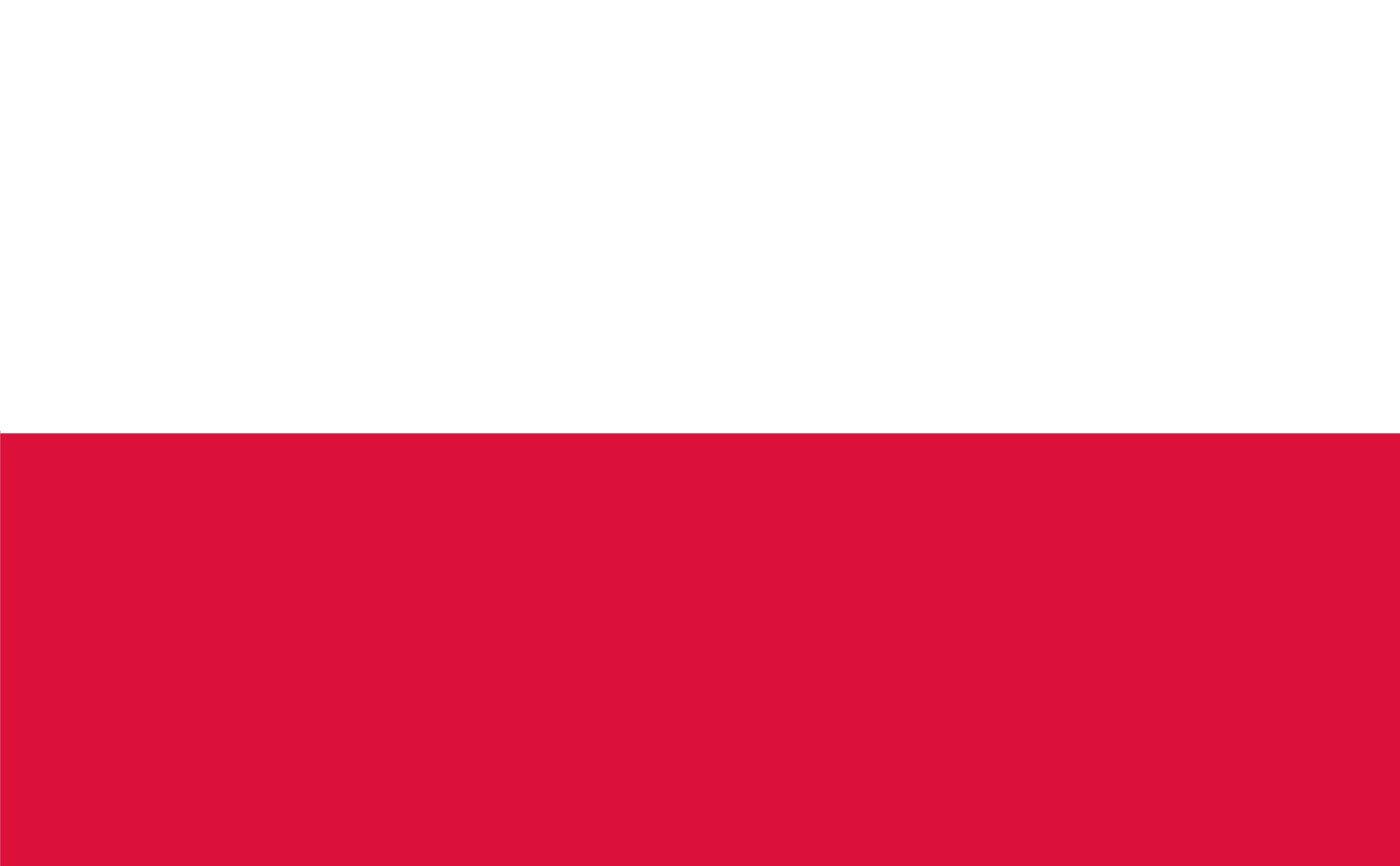
Name: Kingdom of Poland
Goverment: semi-constitutional monarchy
Ruling house: Württemberg
Monarch: King Albrecht I
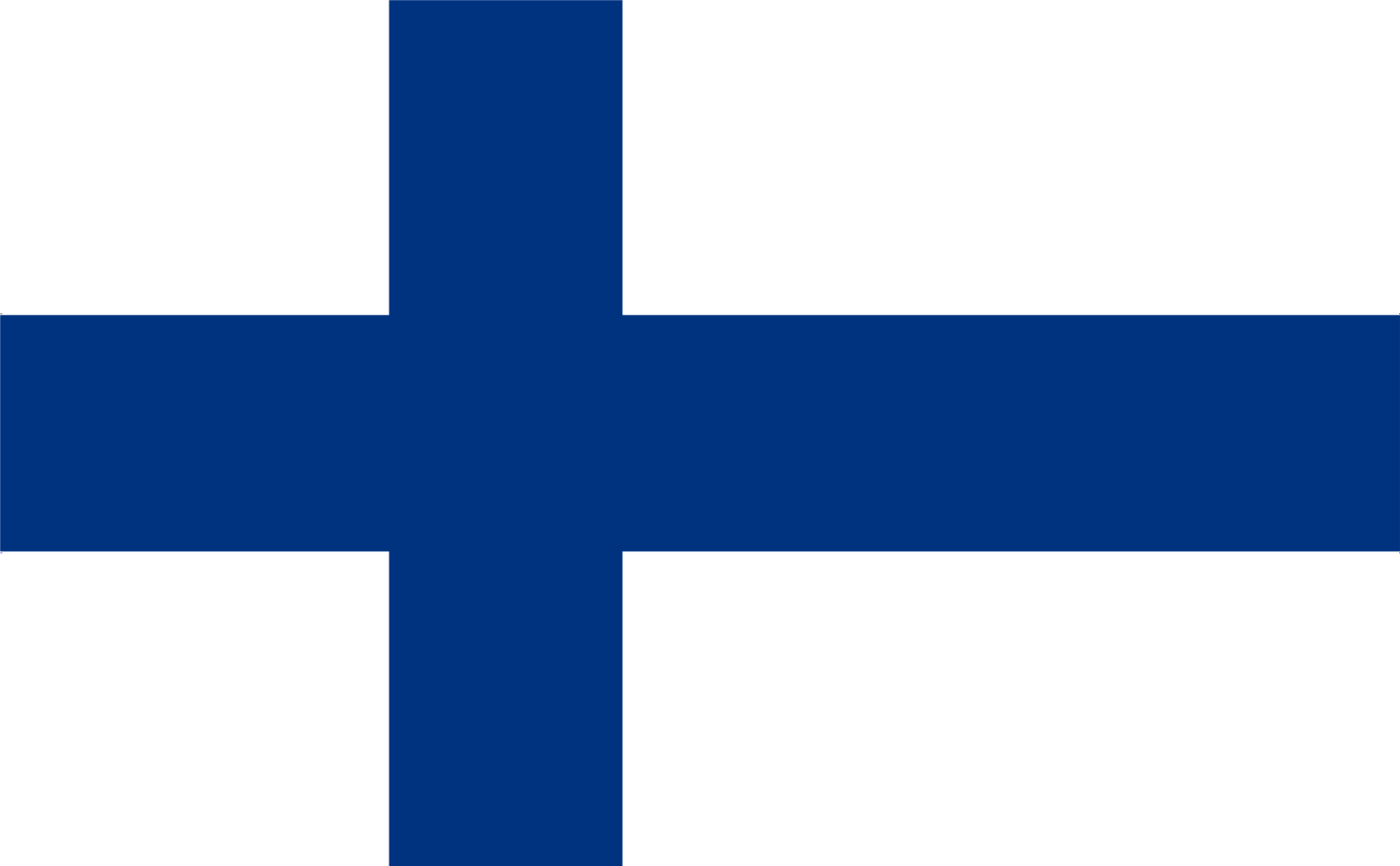
Name: Kingdom of Finland
Goverment: semi-constitutional monarchy
Ruling house: Hesse-Kassel
Monarch: King Friedrich Karl I
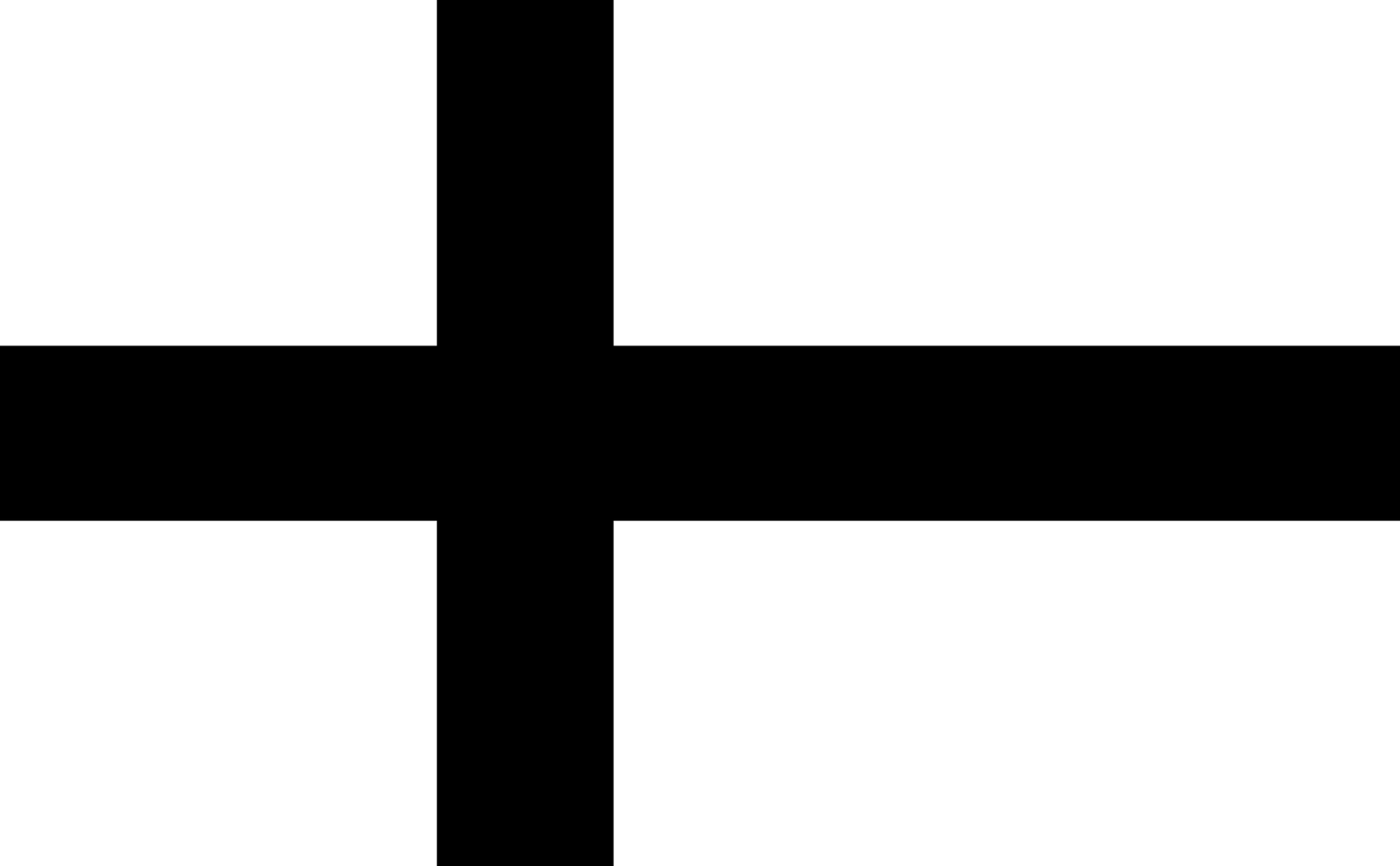
Name: Grand Duchy of the Baltics
Goverment: semi-constitutional monarchy
Ruling house: Mecklenburg-Schwerin
Monarch: Duke Adolf Friedrich I
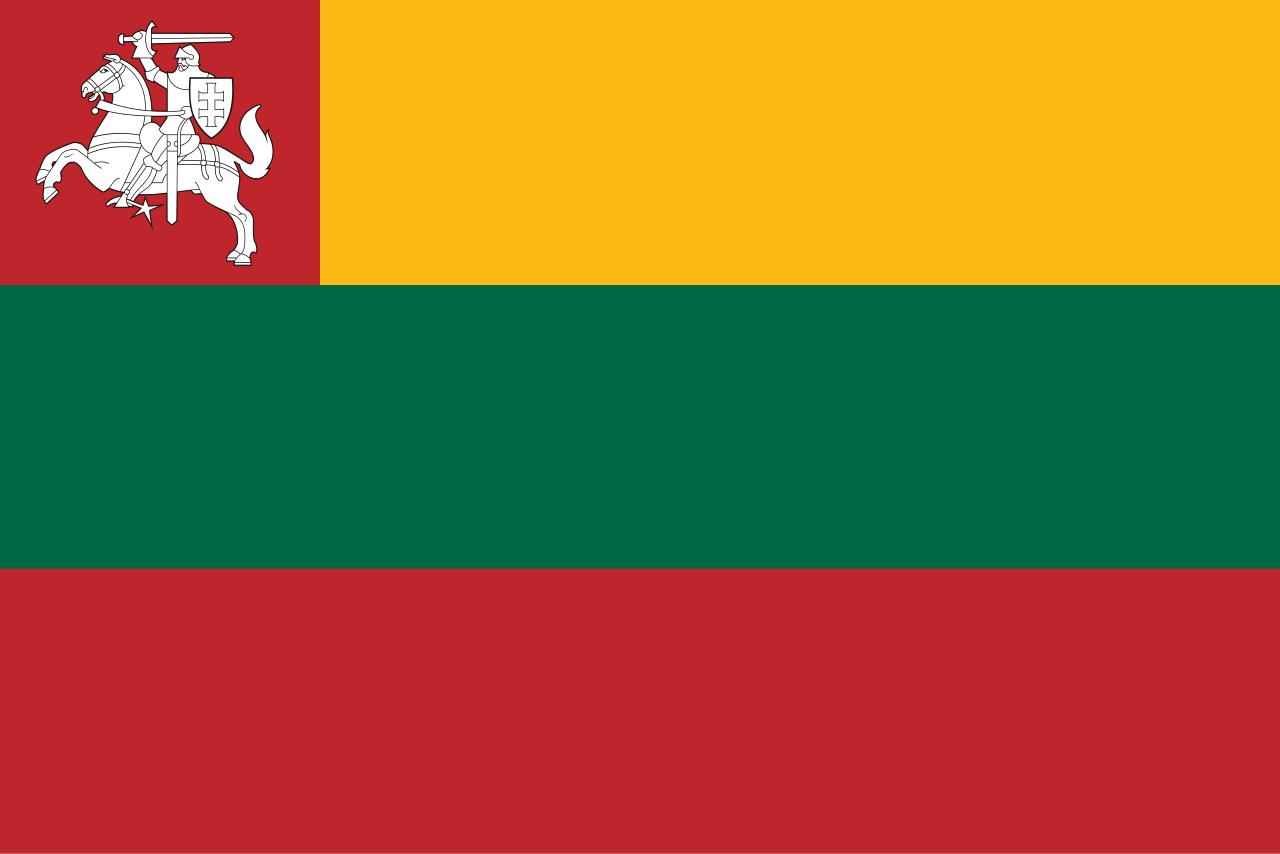
Name: Kingdom of Lithuania
Goverment: semi-constitutional monarchy
Ruling house: Urach
Monarch: King Mindaugas II

Name: Grand Duchy of White Ruthenia
Goverment: semi-constitutional monarchy
Ruling house: Hohenzollern
Monarch: Grand Duke Henry I
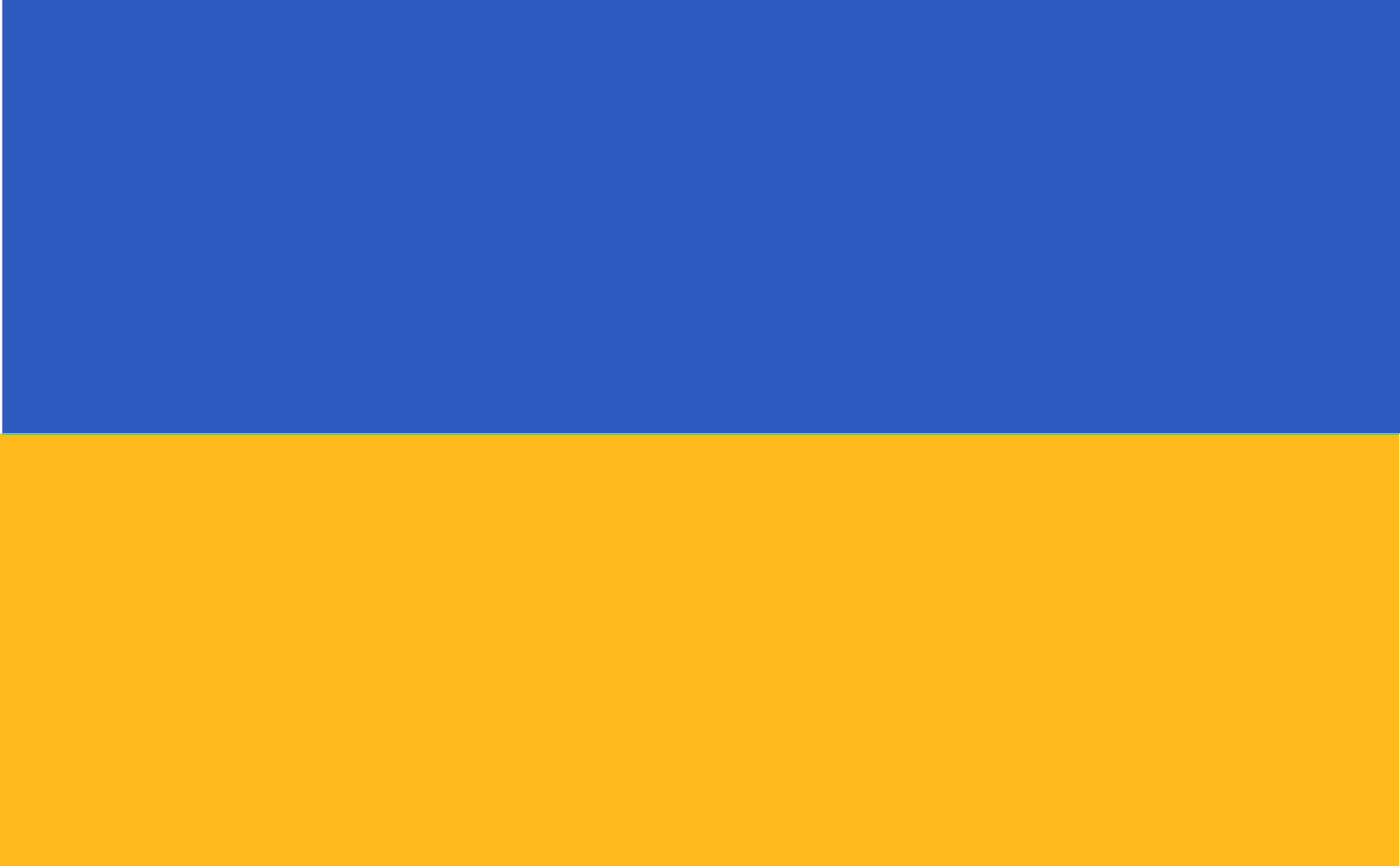
Name: Hetmanate of Ukraine
Goverment: Semi-constitutional monarchy
Ruling house: Skoropadsky
Monarch: Hetman Pavlo I

Name: Khanate of Crimea
Goverment: semi-constitutional monarchy
Ruling house: Giray
Monarch: Khan Kadyr I
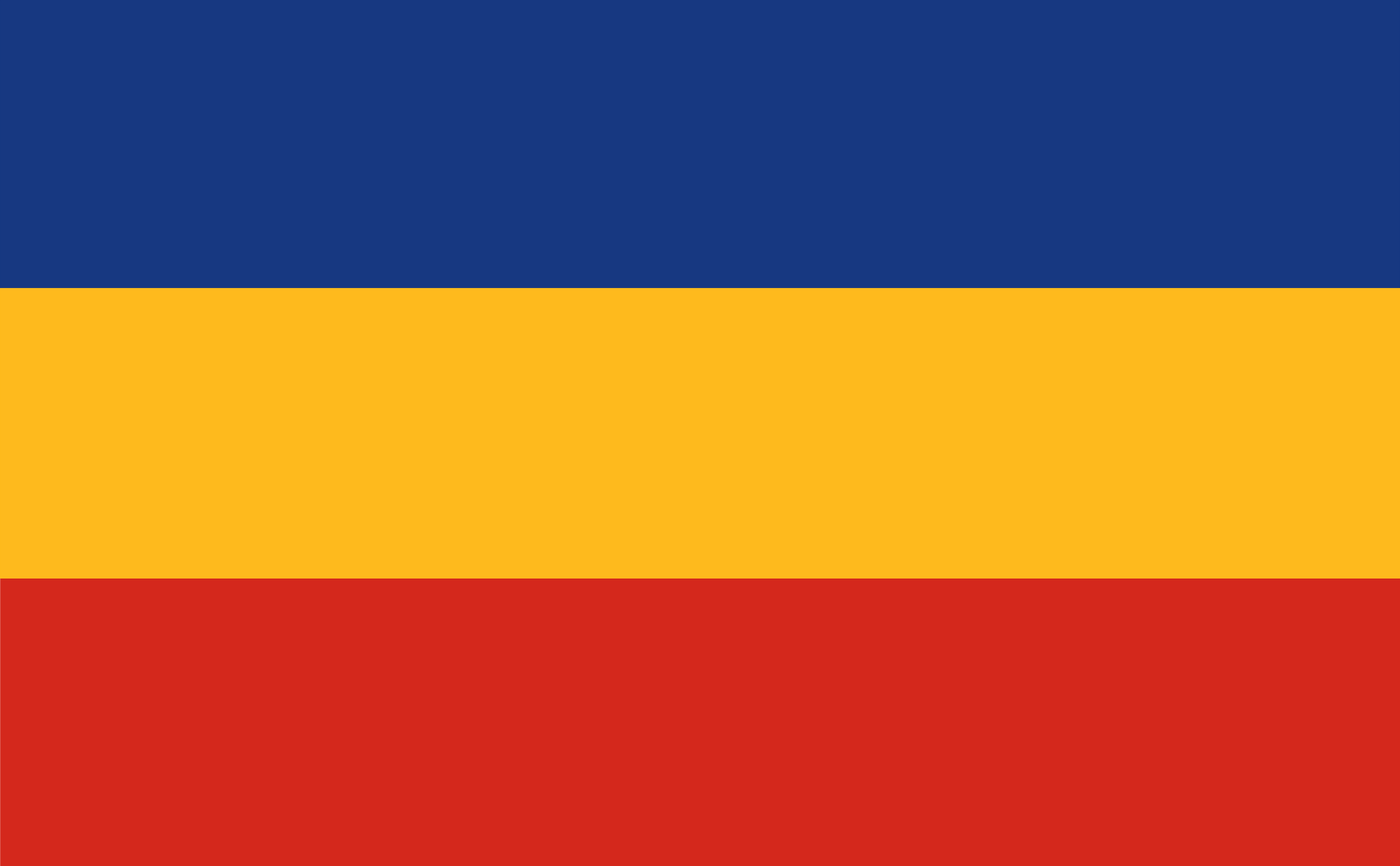
Name: Duchy of the Don Host
Goverment: semi-constitustional monarchy
Ruling house: Hesse-Darmstadt
Monarch: Duke Ludwig I

Name: Kingdom of Georgia
Goverment: semi-constitutional monarchy
Ruling house: Mukhrani
Monarch: King Alexander I
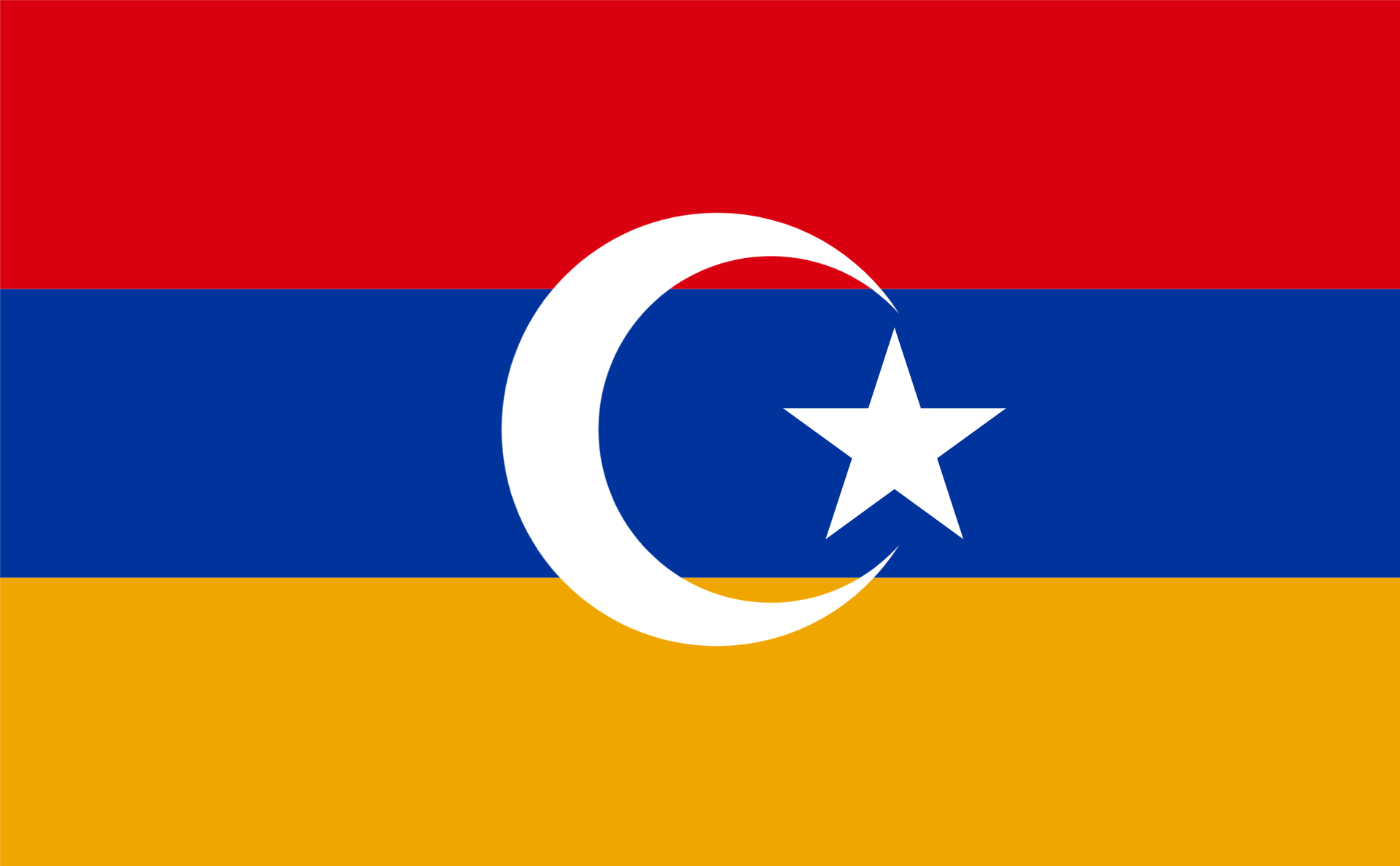
Name: Sultanate of Armenia
Goverment: absolute monarchy
Ruling house: Osman
Monarch: Sultan Mehmed I
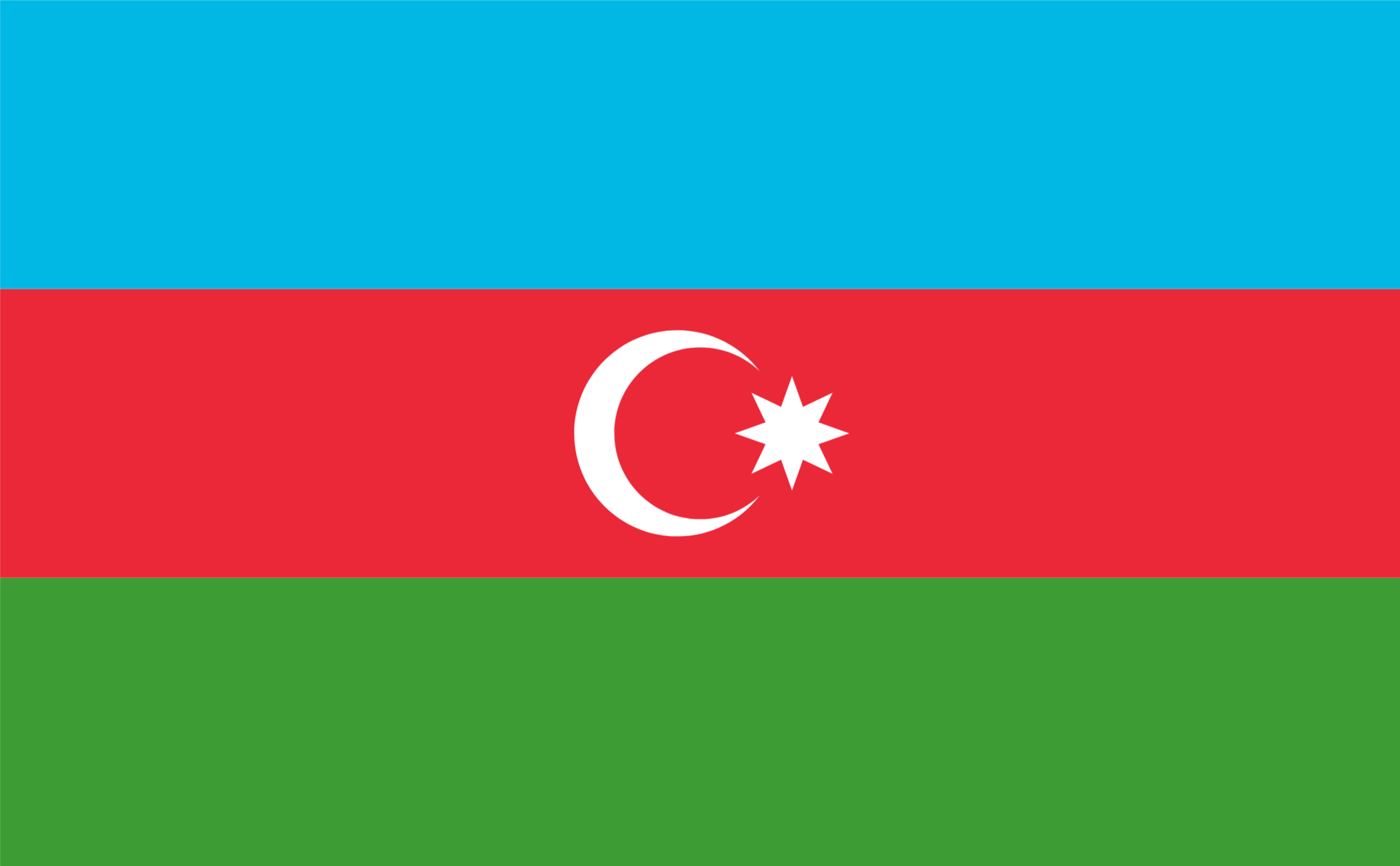
Name: Sultanate of Azerbaijan
Goverment: absolute monarchy
Ruling house: Osman
Monarch: Sultan Mehmed I
Central powers diplomats seeing that Russia is weak decide to try and get a fair peace deal with them, Russia would recognize all Central powers puppets, disband it's airforce, limit it's army to 250.000 men and would not expand further into asia. Russia rejected this fair deal, a decision they would regret. As the central powers kept advancing into Russia, they could see how close they were to Moscow. All of finland has been captured. The battle of St. Petersburg can begin
The Gallipoli campaign ended in failure for the Entente. With more manpower available from the succes in the east, the Central Powers could finally capture the last piece of Belgium and more of the north of France. Now again being stuck in a stalemate. 17th august 1915 Italy finally decided to invade the south of France, failling to get much land. The Central Powers can only hope French morale falls even lower, or even a French civil war so Germany can quickly conquer it all. British morale is high and stays high.
On 24th november St. Petersburg falls, German soldiers search the royal palace to find the corpses of the Tsars family, being shot just before the battle had ended by republican soldiers. The russian Republic has begun, their first president, Alexander Kerensky, sues for peace. The germans demands are harsher now. Russia will recognize all Central Powers puppet states, disbands it's airforce, limit it's army to 50.000 men, Give Germany a military mandate over Central Asia and would not expand further into Asia. Russia accepted these terms, ending the war on the eastern front on 4th december 1915.
Now with only 1 front to be dealt with, the armies of the Central Powers focused on France. Putting more stress on the country, together with not having enough money to buy equipment and money printing making inflation skyrocket, made the factory workers and farmers revolt against the goverment. Calling themselves the Communes Révolutionnaires de France, CRF for short. Most of the army deserted and joined the revolutionaries. The goverment of France fell on 16th february 1916, being replaced with the Commune of France, the first commune country in the world. The commune forced all british forces to leave French soil. Former French troops joined the army of the Commune, ready to fight the Central Powers once again. During all this Central Powers armies advanced through France, seeing fierce but futile guerilla attacks that only slowed them down, reaching a 20km range of Paris. Italian forces already capturing Toulon and Marseille.
The British goverment isued a truce to deal with the Commune first which the German Kaiser accepted, seeing no way to beat the British Empire. The Royal British Navy started to attack all Commune ships. Central Powers advance halted again as the Commune's army orginized against attacks. Trench warfare resumes on 24th april, all advancement halted. 15th september, battle of Dijon, the first German tanks are deployed in battle, resulting in German victory. Seeing the succes of tanks, Germany shipped them to Italy to help them. The Commune made their own tanks, deploying them in the battle of Toulouse.
21th november 1916, Kaiser Franz Joseph of Austria dies. The Austro-Hungarian army mourns the death of their Emperor. Karl became Kaiser and soon started to reform the Empire, federalizing the empire, renaming it into the Danubian Federation, making Montenegro, Serbia and Romania Danubian puppets.
The slog of the war continues through the rest of 1916 and 1917. On 25th juli 1917, the battle of Paris begins, becoming the longest and bloodiest battle of the war. The battle ended after 11 months of fighting on 10th june 1918, a combined 1.200.000 deaths. After Paris falls, the Commune's goverment surrendered. Germany occupied all of France. The British goverment realizing that the war is lost sued for peace on 3 conditions:
1. Germany would give Ruanda-Urundi to Belgium and a strip of land in German East Africa to Britain for Cape to Cairo.
2. Germany and Britain would divide French colonies outside of Africa. All French colonies would be given to Germany and Danubia.
3. Germany will pay all war reparations of Britain and Belgium.
The German Kaiser rejected this offer. The British navy attacked all German ships without warning until the Kaiser accepted these terms. On 11th November 1918 Germany issued a truce, accepting the terms of Britain. On 28th june 1919, the peace treaty would be signed.
1. Germany would give Ruanda-Urundi to Belgium and a strip of land in German East Africa to Britain for Cape to Cairo.
2. Germany gains all French colonies in asia and the pacific, Britain gains all French colonies in the Americas, India and China.
3. Danubia gets the city and land around Constantine.
4. Germany gains the rest of the French colonies in Africa.
5. Morocco gains independance and becomes a German protectorate.
6. Germany will pay all war reparations of Britain and Belgium.
7. Germany annexes Luxembourg and Neutral Moresnet
8. Italy gets Savoy, Var, some border regions in France, Tunisia and French Somaliland.
9. Bulgaria gains Macedonia, Dobrudja and south Serbia from Serbia, Greece and Romania.
10. The Ottoman Empire gains the Aegean islands and Crete from Greece
11. The Ottoman Empire annexes Jabal Shammar
12. Japan loses all control over captured German colonies and legation cities.
13. Germany gets full control over France.
With France being controlled by Germany, it turns into multiple German puppet states and annexes some border regions.
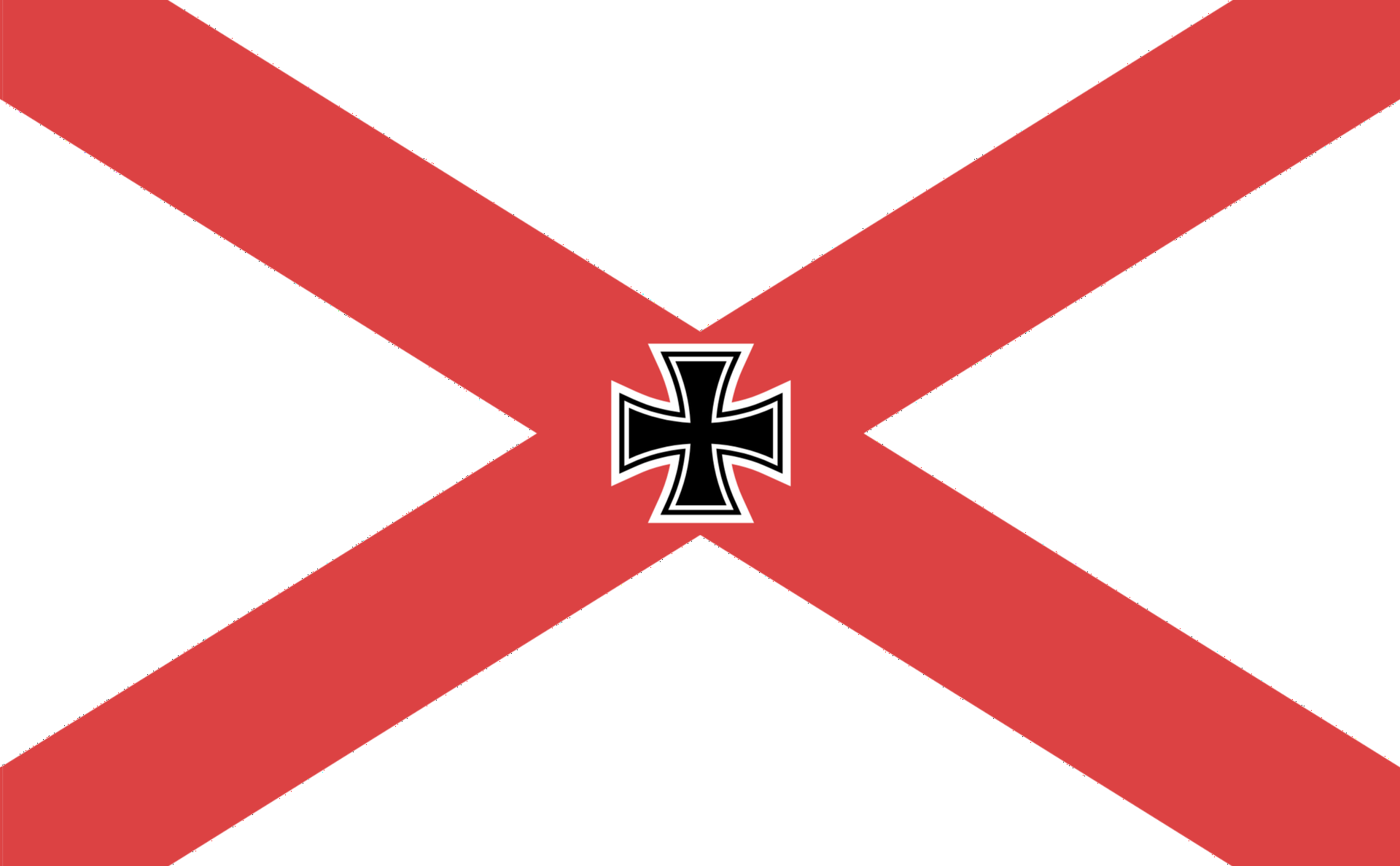
Name: Kingdom of Burgundy
Goverment: semi-constitutional monarchy
Ruling house: Alvensleben
Monarch: King Werner I
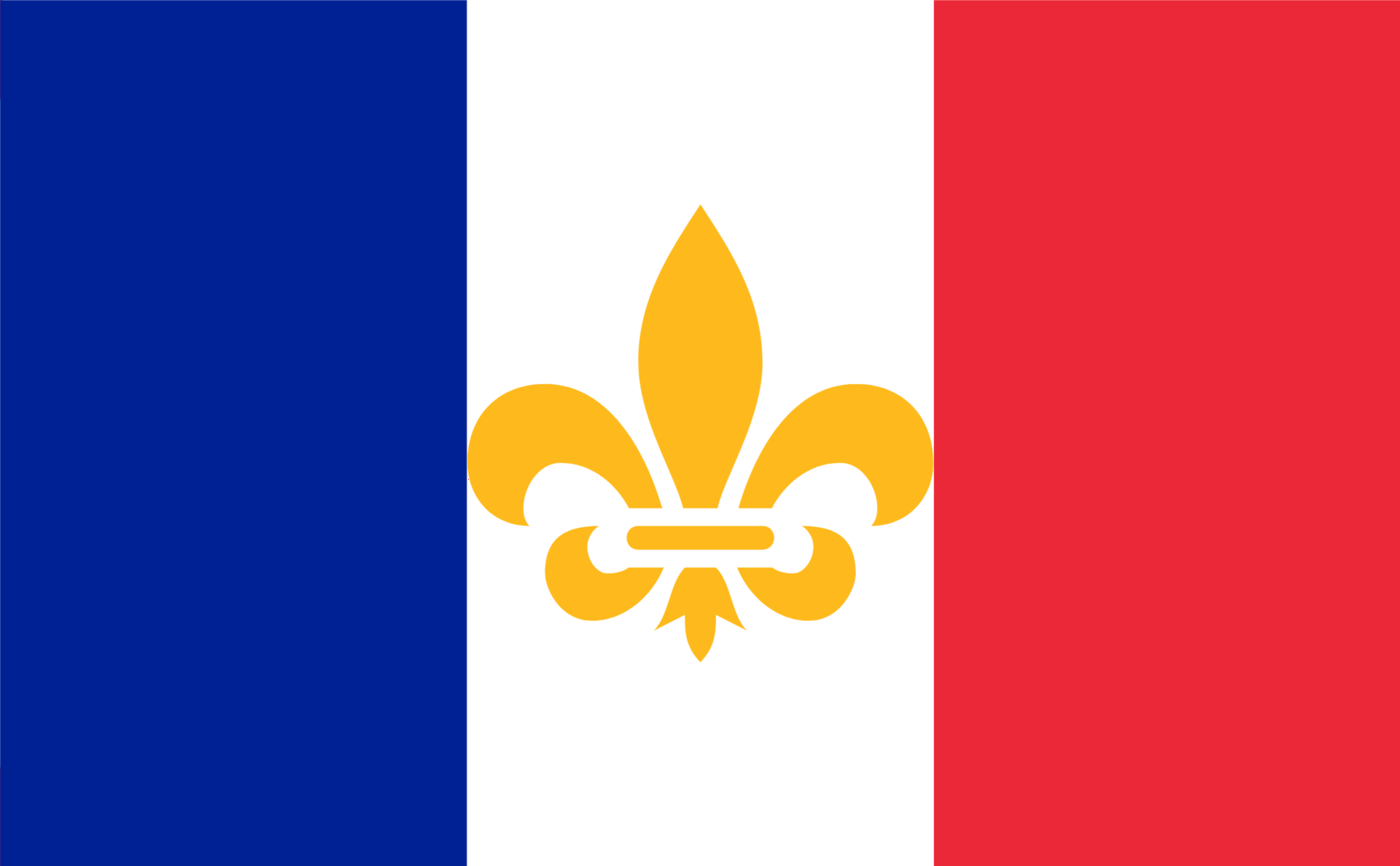
Name: Kingdom of France
Goverment: semi-constitutional monarchy
Ruling house: Bourbon
Monarch: King jaime I
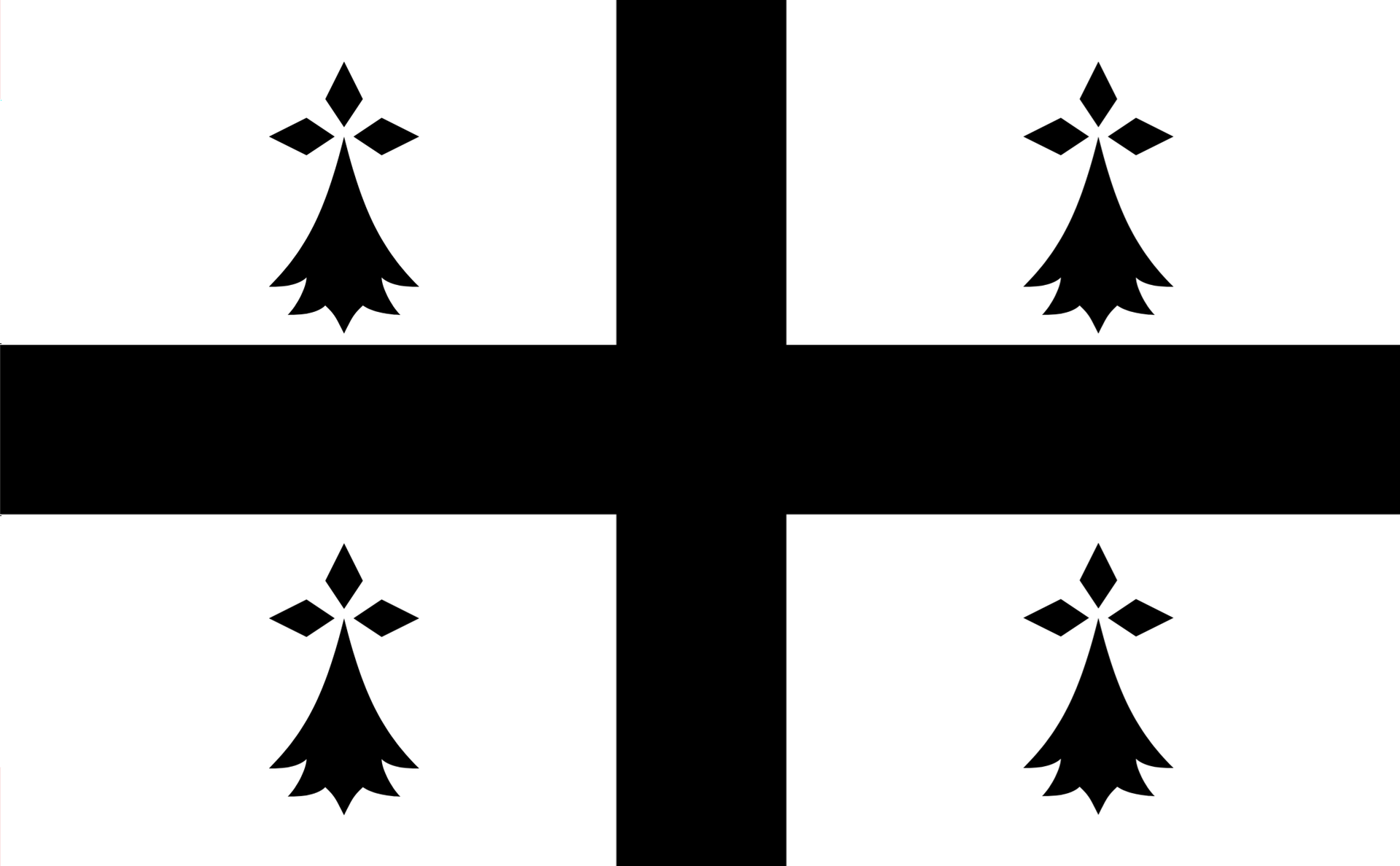
Name: Kingdom of Brittany
Goverment: semi-constitutional monarchy
Ruling house: Bülow
Monarch: King Bernhard I
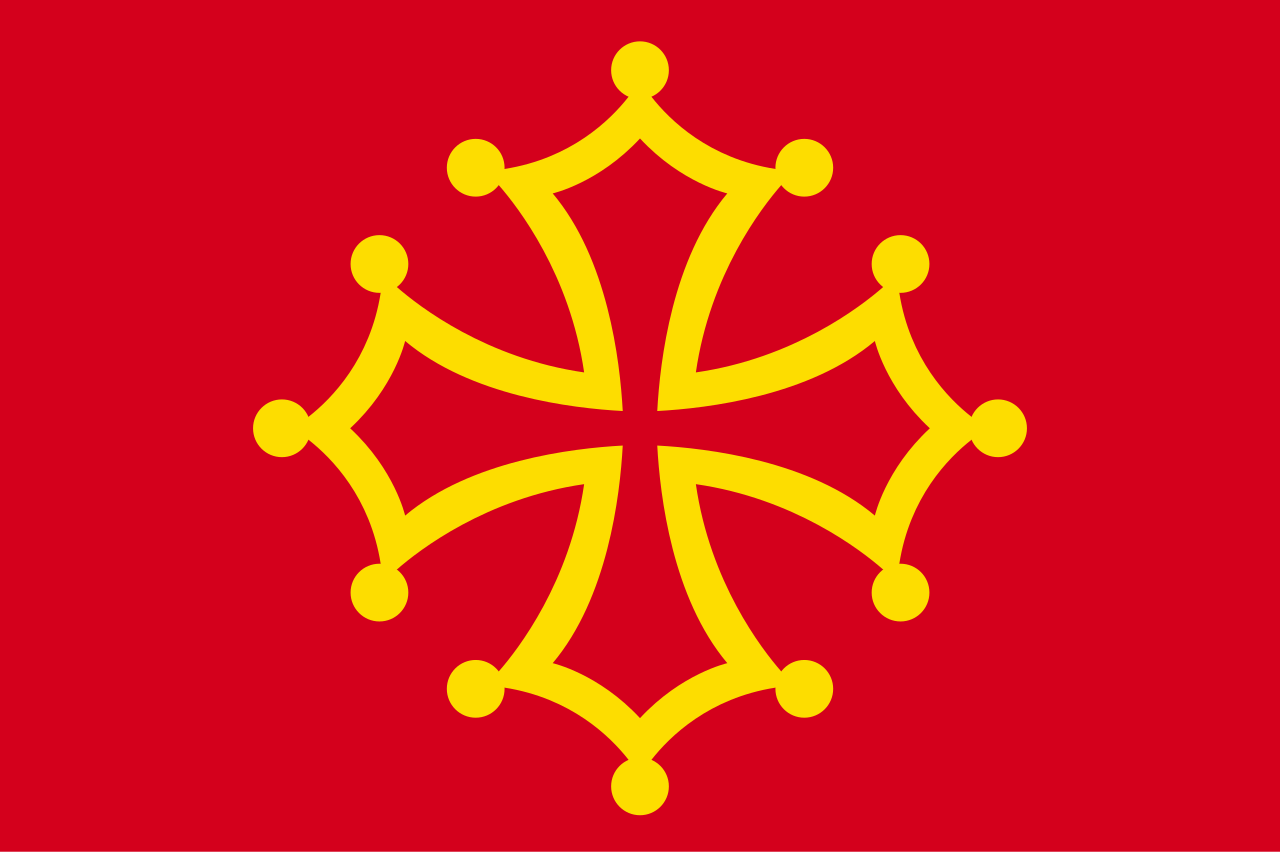
Name: Kingdom of Occitania
Goverment: semi-constitutional monarchy
Ruling house: Dohnányi
Monarch: King Ernst I
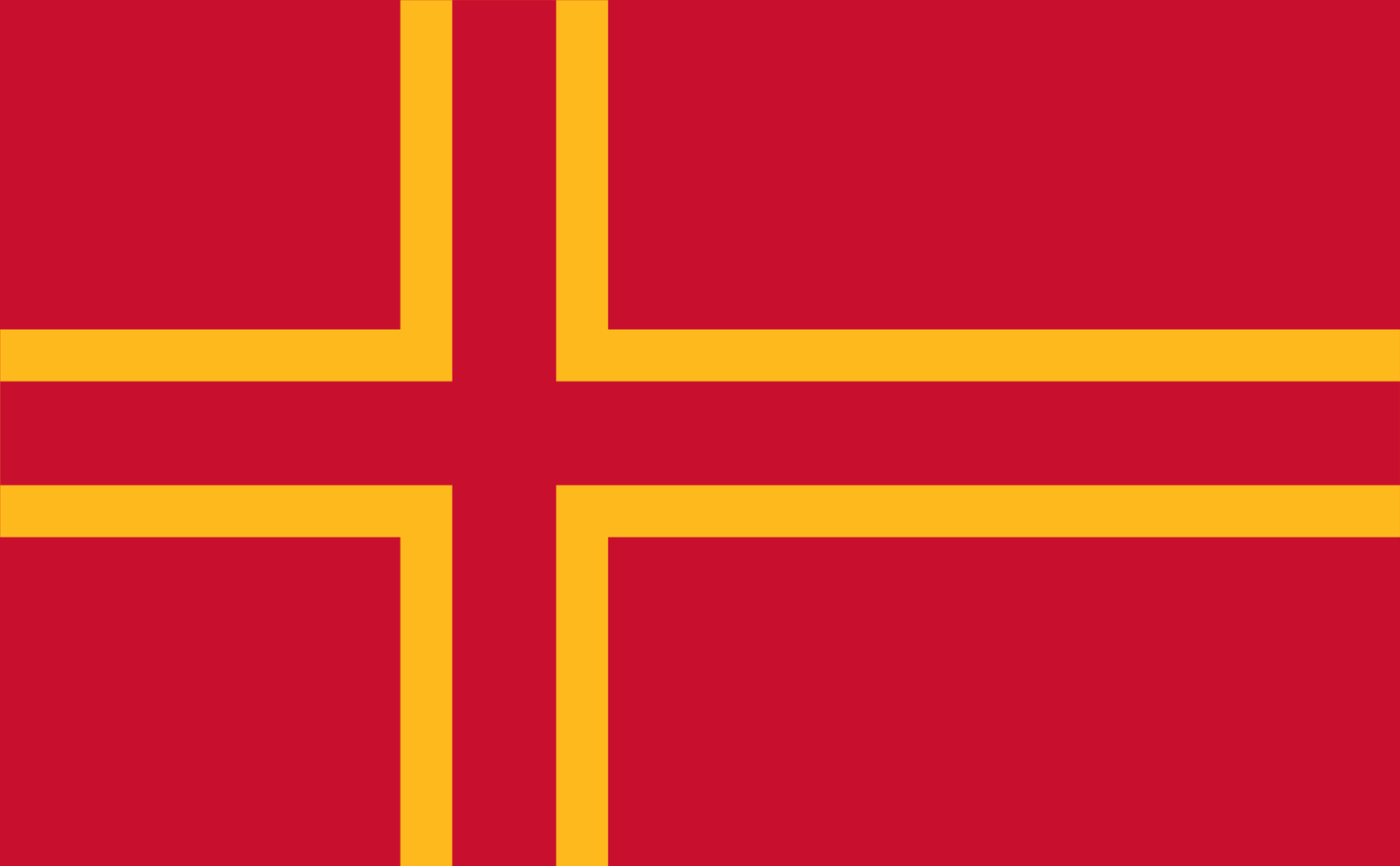
Name: Grand Duchy of Normandy
Goverment: semi-constitutional monarchy
Ruling house: Dönhoff
Monarch: Grand Duke August I
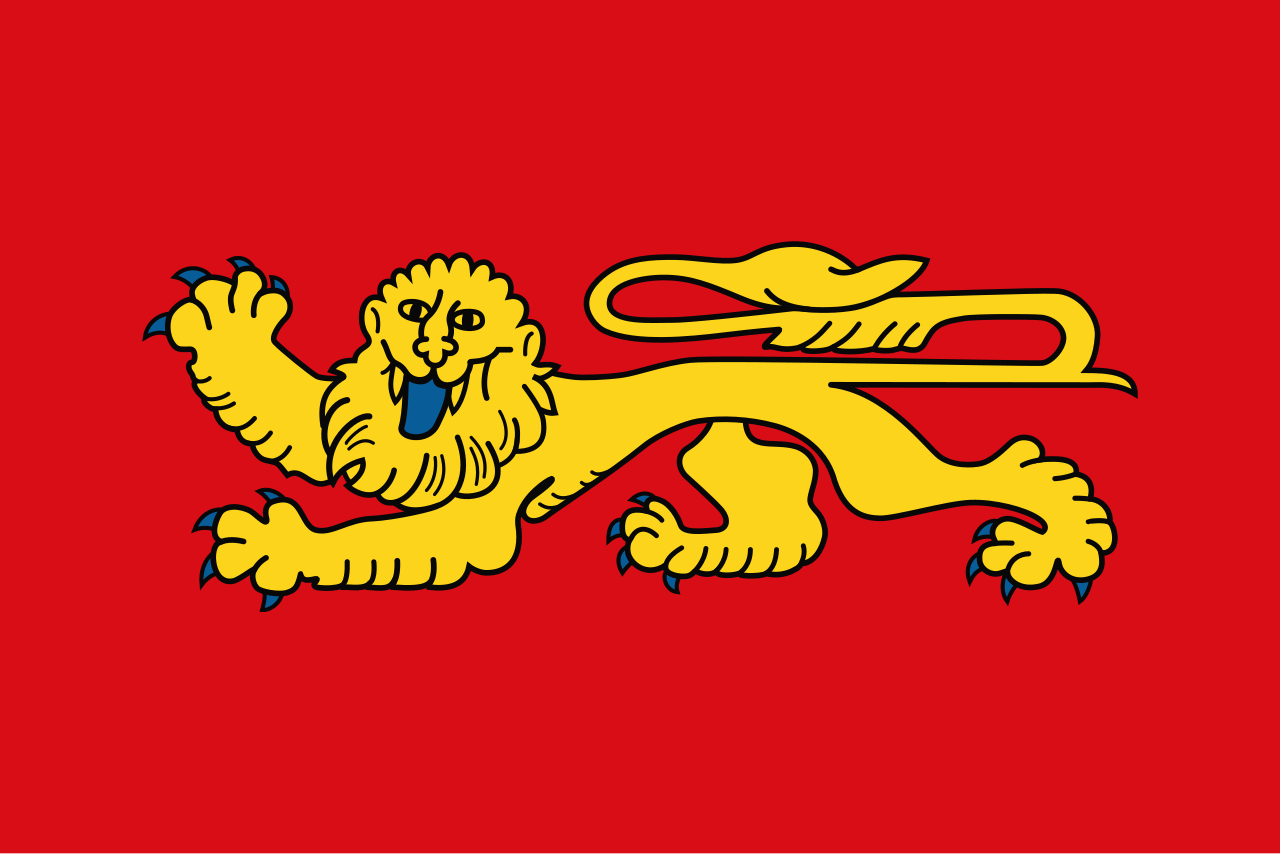
Name: Grand duchy of Aquittaine
Goverment: semi-constitutional monarchy
Ruling house: Eltz
Monarch: Grand Duke Paul I
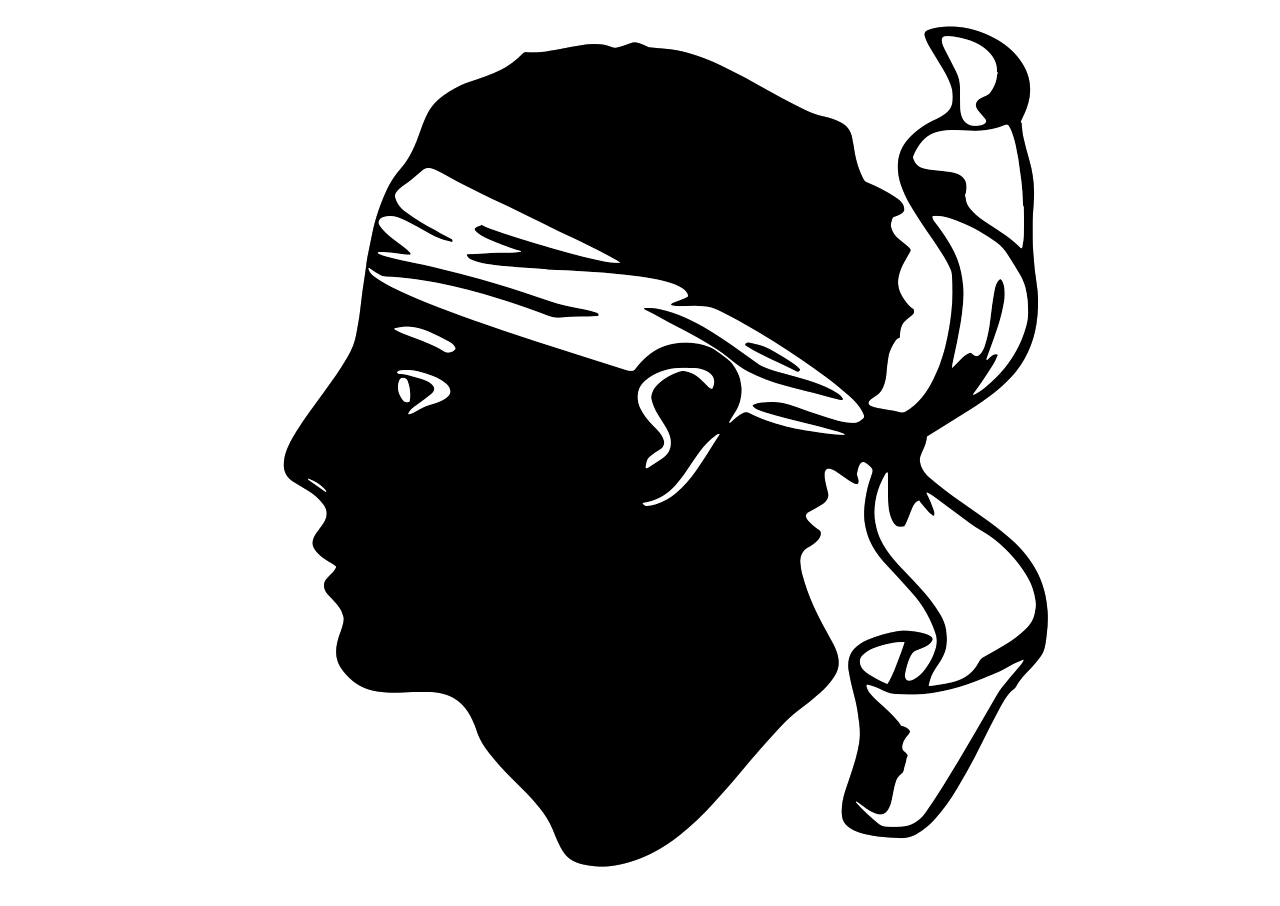
Name: Kingdom of Corsica
Goverment: semi-constitutional monarchy
Ruling house: Bonaparte
Monarch: King Napoleon V
The war is finally over and Germany stands victorious over Europe. The Kaiser is now ruler of Europe but his hunger for power and control grows, wanting all to be loyal subjects of Germany.
Bạn đang đọc truyện trên: Truyen247.Pro